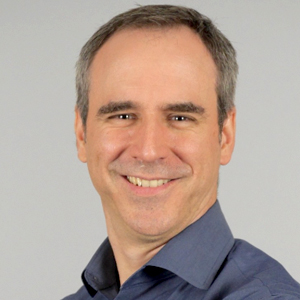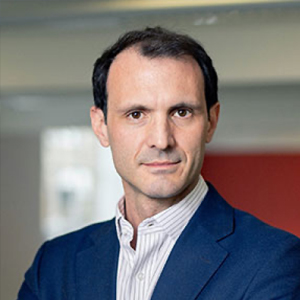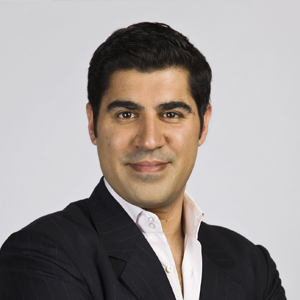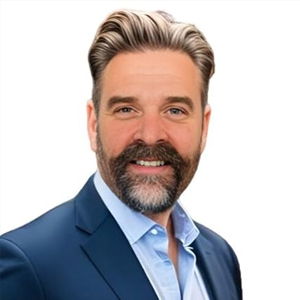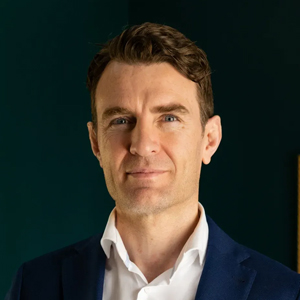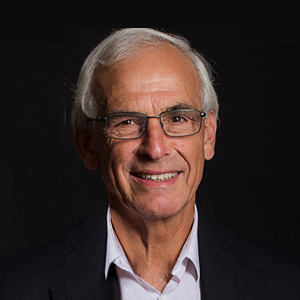Michael Gillam, MD, FACEP, is CEO of HealthLabs, a discovery automation company for “big data” and machine intelligence models. He has helped build and sell companies to WebMD and Microsoft and built a direct-to-consumer digital athletics company whose mobile app was called “game changing” by Apple and put in a commercial. He has served as a partner level executive in Microsoft and advised companies, health ministries and NGOs regarding their healthcare data strategies particularly in China and the Middle East.
Dr. Gillam was research director for the big data aggregation solution, Azyxxi, which was acquired by Microsoft in 2006 to become one of their flagship products for healthcare, renamed Amalga.
He is a board certified emergency medicine physician who trained, practiced, and taught at Northwestern University in Chicago. He written over fifty papers and abstracts and has eleven patents in healthcare technology.
He has served as Chair of Informatics for both the Society for Academic Emergency Medicine and the American College of Emergency Physicians. Dr. Gillam is a judge on the IBM AI XPrize, was the chief clinical judge for the Qualcomm Tricorder XPrize, and also served as a judge on the Nokia Sensing XPrize.
Dr. Gillam founded and ran healthcare innovation labs for almost 10 years in Microsoft and in Washington D.C. and led projects spanning: predictive analytics; anomalous event detection; natural language processing (NLP); gesture based interfaces; de-identification; personal health records (PHRs); virtual & augmented reality; and medical robotics.
Speaking Topics
An Introduction to Exponential Thinking: The Six D’s of the Digital Age
From the six D’s characterizing the disruptive trends of the digital age to the major principles underlying exponential thinking, with examples spanning a broad variety of fields, this talk builds a foundation for applying exponential thinking to making an impact today and through the disruptive years ahead.
Exponential Data: Thriving and Surviving in the Age of Big Data
Today, the foundational strategies for a modern company to survive relies on data. That data is bigger and faster than ever before. It is said that if you are not a software company today, you will be beaten by a competitor that is. Exponentially advancing trends in machine intelligence, big compute, dataautomation, sensors and the Internet of Things is changing every aspect of the opportunities for how we leverage, manage and execute data strategy for our companies today. From data liquidity to centricity, late binding, backcasting and virtuous cycles, the foundations for building data strategies in companies today are more important than ever for surviving in this age of exponentials.
Exponential Medicine: The Future is Closer than You Think
Some say healthcare trends are linear and point to costs that are rising and treatments that are slow to arrive. This limited view sees islands of stasis while missing oceans of exponential change. Exponential trends in miniaturization, gene therapeutics, machine learning, robotics, energy, and computation are transforming the future opportunities in healthcare. This talk aims to catapult companies forward to glimpse the leading scalpel’s edge of digital health trends to help those ride and thrive on the next waves of revolution in healthcare.
Future Data 2033: Sensors, Strategy & Survival in the Data Age
Answering the question “when” can be the difference between the blockbuster launch of the iPhone or the canceled Apple Newton. New classes of data are at the foundation of the biggest companies today: Amazon couldn’t have launched without a digital catalog of books, Uber and Lyft couldn’t exist without digital maps. Building on the principles of Exponential Data, this talk paints a picture of the myriad new data “inevitable future” summits expected over the next 15 years for those who plan to create value in the dsruptive decades ahead.
The Future of Medicine and Healthcare
Comprehensive overview of what is in the lab today and what is coming to market in the next 2 to 10 years. The presentation will concentrate on breakthrough developments ranging from 3D printing to organ regeneration, from point-of-care lab-on-a-chip diagnostics to large-scale bioinformatics; from synthetic biology to new gene based therapies. All of these and more are discussed in the context of current explosions of digital information and distributed healthcare.
